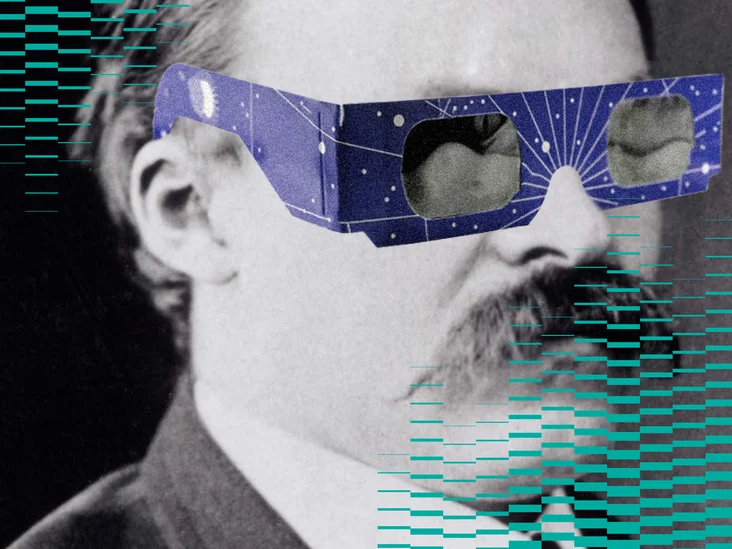
Zarathustra
ca. 10 p.m.
Programme
Beginning with Benjamin Herzog Stadtcasino Basel
Participants
Christian Gerhaher
BaritoneMarkus Poschner
ConductorSinfonieorchester Basel
OrchestraPoetry meets philosophy
Two sides of German Romanticism. The tone poem Also sprach Zarathustra by Richard Strauss is a philosophical sound journey. It translates, without words, the ideas of Friedrich Nietzsche's superhuman into monumental, colourful music. The eternal struggle between nature, man and higher truth first leads to a passage of overwhelming musical power and then blissfully disappears. Fairytales, legends and folk songs are collected in the early Romantic poetry collection Des Knaben Wunderhorn (The Youth's Magic Horn) by the brothers Brentano. For Gustav Mahler, these poems were ‘boulders from which each may shape his own’. He set more than two dozen Wunderhorn poems to music, creating small scenes that are often steeped in bitter irony. Listening to a highly intelligent singer and performer like Christian Gerhaher in this role is a pure delight.